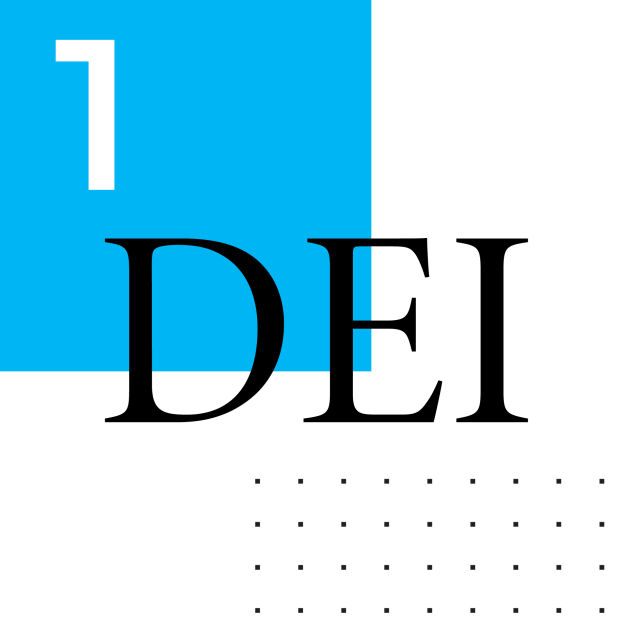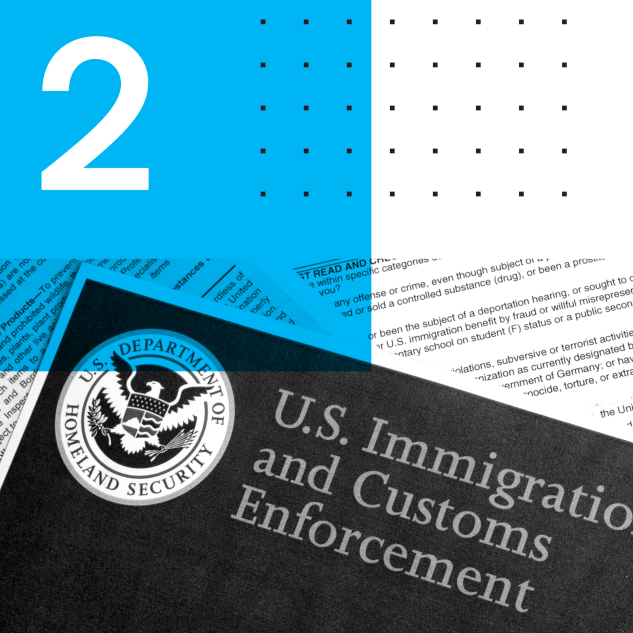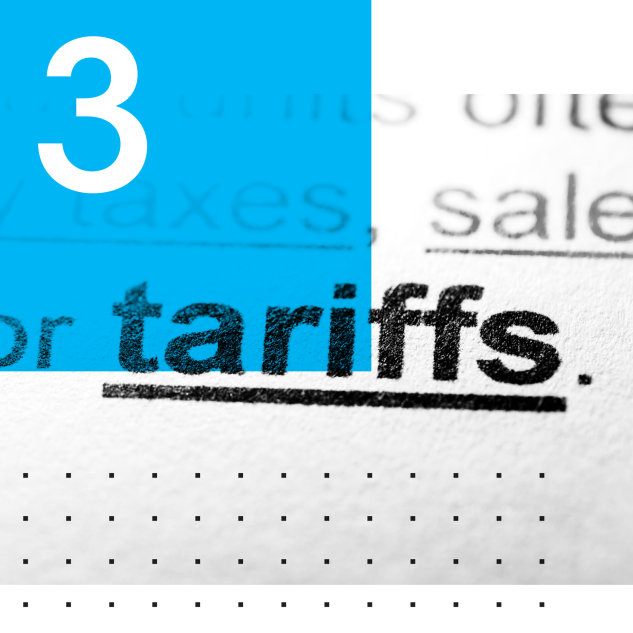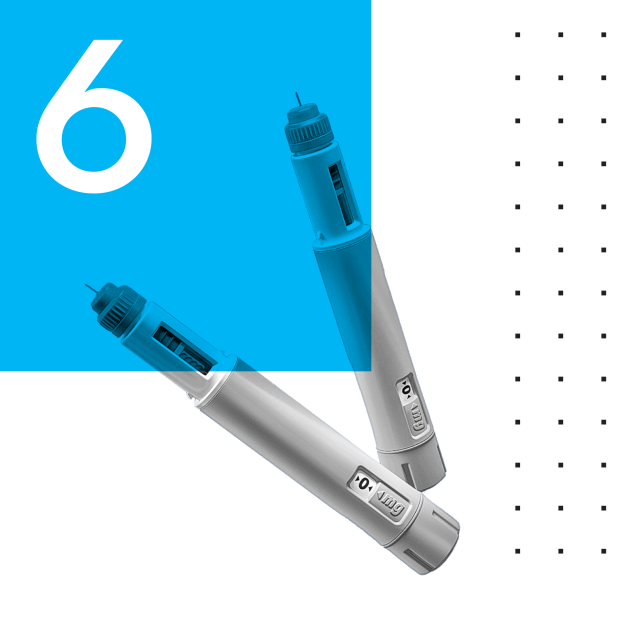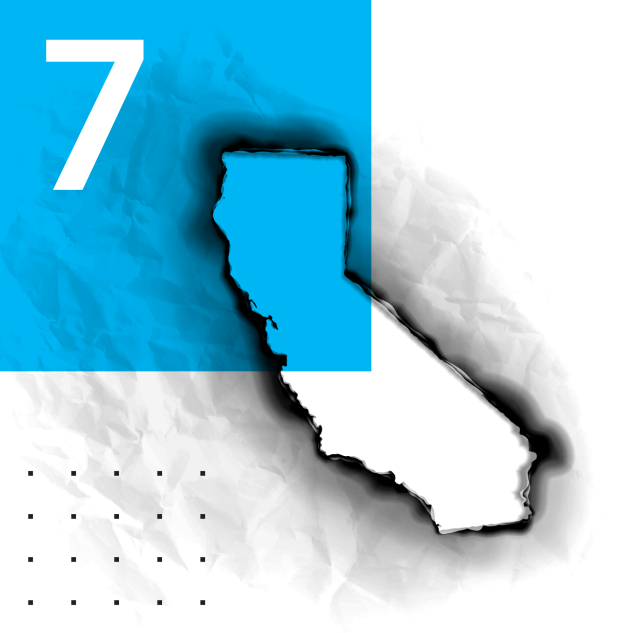- Companies flag a series of novel business threats this year
- Egg prices and shifting consumer preferences draw concern
Corporate securities filings this year are littered with glimpses into new businesses risks, from costs related to President Donald Trump’s immigration crackdown to threats to employees and property from wildfires.
Companies are divulging the flurry of new threats to shareholders in 10-K annual reports that typically flood into the Securities and Exchange Commission at the beginning of each year.
The onslaught of Trump executive actions ties into many of the concerns, prompting corporate disclosure about tariffs, immigration enforcement, and scrutiny of diversity policies. But companies are also on edge over a medley of recent events that don’t relate directly to the new administration, including mounting worries about avian flu, potential dips in business from weight loss drugs, and safety issues in the wake of the murder of a UnitedHealth Group leader.
Most of the new language was added to the “general risk factors” section of company reports that typically explains threats to operations and financial stability, spanning everything from regulatory changes and potential enforcement actions to inflation or pandemics. Here are some of the themes emerging this year:
Diversity Programs
Trump’s directive scrutinizing corporate diversity programs prompted companies including US Steel to warn shareholders in their annual reports that the DEI blitz could pose a risk to their business. JPMorgan Chase said it expects possible criticism over its diversity policies, including from politicians and members of the public.
The steel producer pointed to the executive order that called for potential federal investigations into corporate diversity practices. US Steel also added a reference to the conservative movement opposing environmental, social, and governance efforts.
The new risk factor comes as Corporate America grows increasingly tight-lipped about its diversity efforts. Scores of companies this year cut references to diversity in their annual reports, or changed their language to focus on terms such as “belonging.” Paypal and JetBlue, for example, removed almost all references to diversity, equity, and inclusion in their annual reports this year.
Immigration Enforcement
The Trump administration’s stricter immigration enforcement policies have startled the food service industry.
Sweetgreen said in its annual report that the immigration crackdown could increase its suppliers’ costs if those suppliers rely upon labor from undocumented immigrants. The company noted that US Immigration and Customs Enforcement “recently intensified” its efforts.
Similarly,
Tariff Threats
Trump’s unleashing of tariffs on China, Mexico, and Canada prompted a flood of companies to list trade risk concerns in their annual reports. Some businesses also told investors they feared retaliatory tariffs.
Restaurant chain Cava flagged in its annual report that some of its bowls, lids and food products, including avocados, are produced in the three countries. This could make dinnerware and ingredients more expensive or harder to procure, the Mediterranean food chain said.
There are broader implications other than rising costs: Coca-Cola said that tariffs could force it “to rely more on plastic packaging than desired.”
Executive/Office Safety
The death of Brian Thompson, the CEO of
The stock exchange operator said in its annual report in late February—just over two months after the attack—that its business could be “more likely than other companies to be a target for malicious disruption activities or physical attacks on our senior leadership team and/or our office locations.”
The shooting has put the health-care industry on edge in particular, though numerous businesses across industries ramped up security measures in its aftermath.
Egg Prices
The recent outbreak of avian flu, which has driven up the price of eggs and shaken supply chains, prompted dozens of disclosures.
Diner chain
Weight Loss Drugs
The novelty of weight loss drugs, including brand-name Ozempic, has sparked worries at companies known for their indulgences.
GLP-1 agonists are a class of medications used to treat Type 2 diabetes and obesity. The medications lower blood sugar levels and can promote weight loss by helping patients feel more satiated after eating. Coors also said weight loss drugs could shift consumer drinking behavior, considering that the medicine can help people reduce their alcohol intake.
Wildfires
A volley of companies, particularly those with ties to California, pointed to the threat of wildfires in their annual reports.
ZipRecruiter, whose corporate offices and primary data facilities are based in California, added a reference to the wildfires that devastated Los Angeles early this year as a risk to its business. And Cushman & Wakefield said in its annual report that while none of its offices “suffered major damage,” the LA wildfires “negatively affected certain of our employees and certain client sites.”
The wildfire warnings came amid a jump in companies flagging the rise in extreme weather and weather-related events overall as a possible risk for shareholders.
To contact the reporter on this story:
To contact the editors responsible for this story:
Learn more about Bloomberg Law or Log In to keep reading:
See Breaking News in Context
Bloomberg Law provides trusted coverage of current events enhanced with legal analysis.
Already a subscriber?
Log in to keep reading or access research tools and resources.

